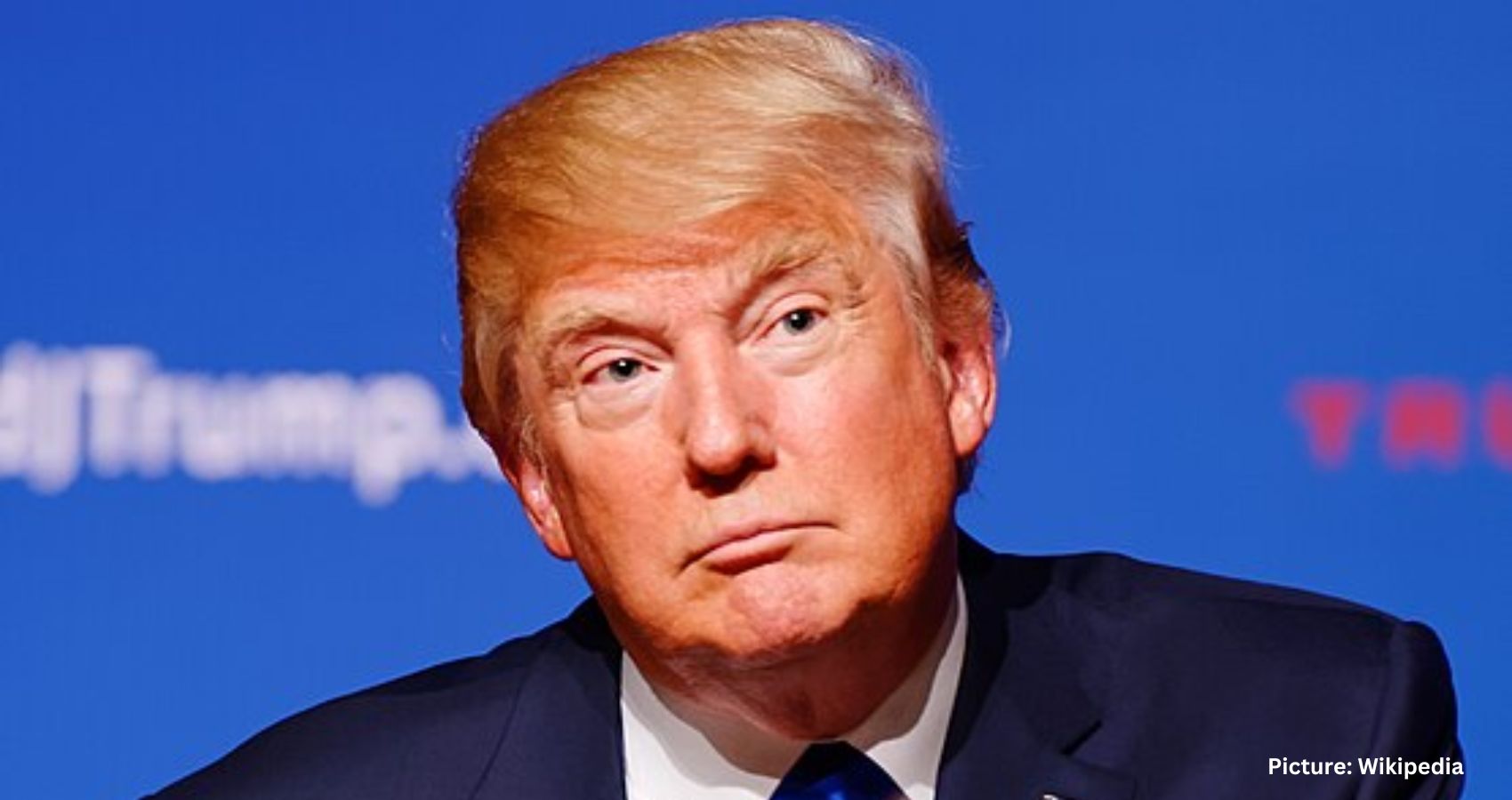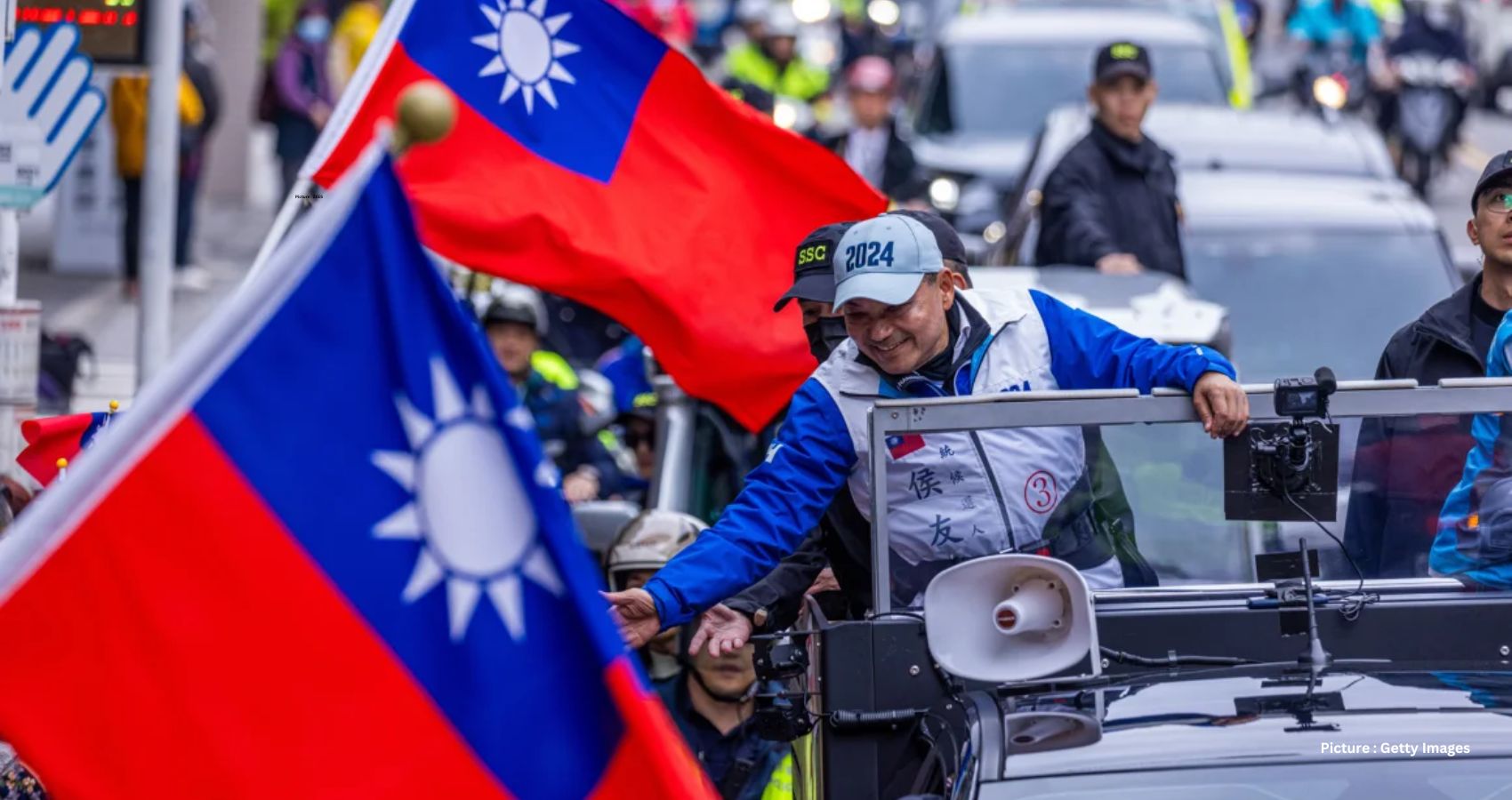Former President Donald Trump’s apparent success in the recent presidential debate has heightened global efforts to brace for a potential second Trump administration, despite international audiences favoring President Joe Biden.
During the debate, Trump asserted that foreign nations lack respect for Biden’s leadership and the United States, contradicting a recent Pew poll indicating that respondents in over 30 countries have more confidence in Biden than Trump regarding foreign policy decisions.
Low global confidence in Trump partly explains why U.S. allies are strategizing for an America that might withdraw from global affairs, either through policy shifts or internal turmoil and partisanship.
Diplomatic protocol typically discourages foreign representatives from commenting on other countries’ elections or internal politics. However, over the past year, senior foreign officials have actively maintained relationships with Trump and his national security circle.
British Foreign Secretary David Cameron met Trump at Mar-a-Lago in April, advocating for continued U.S. support for Ukraine. Similarly, Polish President Andrzej Duda spent two and a half hours with Trump in New York in April, describing it as a “friendly meeting, in a very pleasant atmosphere.”
Outgoing NATO Secretary-General Jens Stoltenberg highlighted the alliance’s economic contributions to the U.S. at the Heritage Foundation earlier this year. The Washington think tank is considered a staging ground for officials in a potential second Trump administration.
NATO’s next Secretary-General, Mark Rutte, a disciplined former Dutch prime minister, won Trump’s favor despite interrupting and contradicting him during Washington meetings.
In Asia, U.S. allies heavily rely on American political and military backing. However, they are strengthening ties among themselves and with Europe to counter Trump’s threats to withdraw security commitments if defense spending is insufficient. The presence of Indo-Pacific allies at NATO summits, such as Japan, South Korea, Australia, and New Zealand, underscores this effort.
“That’s clearly an effort to ensure that even without the United States around that those relationships will continue to grow and those democracies will continue to support one another,” said Evelyn Farkas, executive director of the McCain Institute at Arizona State University.
In private discussions, diplomats avoid expressing anxiety over a second Trump administration, instead focusing on past successes with Trump as a guide for future cooperation.
While Trump offered few substantive foreign policy priorities during the debate, he provided significant, albeit brief, answers on key issues. For instance, Ukraine’s supporters might find solace in Trump’s debate rejection of Russian President Vladimir Putin’s demands to block Ukraine from joining NATO and recognize Russian control over occupied territory in exchange for ending the war.
Preparations are underway for NATO to assume America’s leading role in coordinating support for Ukraine. When Biden hosts the NATO summit in Washington next month, allies are expected to announce that NATO will lead the Ramstein group, which coordinates weapon supplies for Kyiv. NATO is also expected to agree on language outlining Ukraine’s path to membership.
Congress’s support for NATO serves as a safeguard against Trump’s threats to withdraw or withhold U.S. commitments. Nonetheless, bilateral U.S. partnerships remain crucial, and European and Asian leaders have been preparing for months to maintain warm ties with Trump’s circle in anticipation of a possible chaotic second term.
Some countries have dispatched envoys to the U.S. to lobby Republicans at the state level, aiming to mitigate some of Trump’s most concerning threats. Germany’s coordinator of transatlantic cooperation, Michael Link, has met with governors across the U.S. to prevent punitive tariffs on EU goods if Trump is reelected. “It would be extremely important, if Donald Trump were reelected, to prevent the punitive tariffs he is planning on goods from the EU,” Link told Reuters earlier this year.
In the Middle East, a second Trump term would be met with “jubilation,” said Farkas, citing the close ties between Saudi Arabia’s Crown Prince Mohammed bin Salman and Trump’s son-in-law Jared Kushner. Trump reportedly spoke with the crown prince in April, amid Biden’s efforts to broker a cease-fire in the Gaza conflict between Israel and Hamas. “I think the Middle East is an area where, if anything they’re hoping for a Trump outcome, they’re not really hedging,” Farkas added.
Although Trump has criticized Israel’s handling of the Gaza conflict and holds grudges against Israeli Prime Minister Benjamin Netanyahu for recognizing Biden’s 2020 victory, his reelection could bolster Israel’s far-right. “The [Israeli] opposition and the Palestinian people would not be happy with Trump because again, he has been happy to give a blank check to Netanyahu and the Israeli government. It’s the same philosophy, I think, for all the Arab states, basically. Trump will let them do what they want to do and do business with them,” Farkas explained.
During the debate, Trump did not commit to supporting an independent Palestinian state for peace and urged Israel to “finish the job” against Hamas. These positions might conflict with Arab and Gulf states, whose populations support Palestinian rights, noted Gerald Feierstein, director of the Middle East Institute’s Arabian Peninsula Affairs Program and former U.S. ambassador to Qatar. “If Trump wants to pursue the Saudi-Israel agreement, and if the Saudis stick to their guns about no deal without Palestine, that probably means there probably won’t be an Israel-Saudi deal,” Feierstein said, adding that this could change if Netanyahu is ousted.
Despite potential conflicts, Israel and Gulf states are likely to welcome a Trump administration focused on containing Iran, as outlined by Robert O’Brien, Trump’s last national security adviser, who is expected to hold a senior position in a second Trump administration. “The focus of U.S. policy in the Middle East should remain the malevolent actor that is ultimately most responsible for the turmoil and killing: the Iranian regime,” O’Brien wrote in a policy paper for Foreign Affairs.
Trump often claims that Putin would not have invaded Ukraine and Hamas would not have attacked Israel if he were president, assertions that cannot be verified. However, his statements highlight his advisers’ efforts to develop a foreign policy for a potential second term emphasizing a strongman image. “This morass of American weakness and failure cries out for a Trumpian restoration of peace through strength,” O’Brien wrote.



